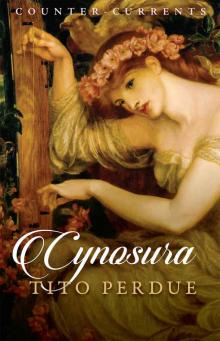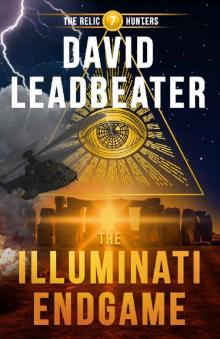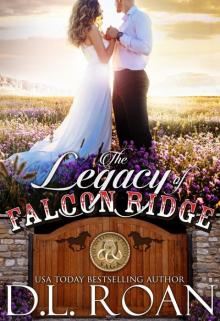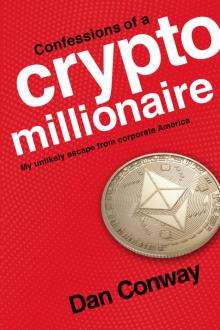Arrogance and romance Cynosura is a feverish love story between a non-ordinary Tennessee farm girl of supernal physical beauty and an estranged youth possessed of exceptional intellectual ambition.The girl, a gifted and hard-working cellist, is a natural-born elitist, contemptuous, or anyway indifferent, to ordinary people. Her self-selected life’s mission is to identify the man to whom she will want to consecrate her life. She is sexual, intelligent, melancholy, efficient, and intuits that her life will be short.The boy, preternaturally brilliant, is not in love with life. He chooses solitude so as not to have to compromise with friends (he hasn’t any) or colleagues. Value, he believes, derives solely from the mind and imagination, though he is too young, of course, to have developed a full philosophy. He abhors capitalist practice and strives for self-sufficiency at the price of poverty.Their brief and explosive affair approaches transcendence.“Tito Perdue’s Cynosura returns to themes of his most light-hearted novel, The Sweet-Scented Manuscript. It is a love story, a first-love story, a swooning and delirious—but also intellectual and serious—love story about two talented and alienated young people who become one another’s world. But Cynosura returns to the themes of young love from the point of view of old age. It is a death-haunted tale. It forces the reader to raise the question: How does one love a woman who has no future? The answer is: With all the intensity one can muster. It is a lesson for us all, because given enough time, none of us has a future. Cynosura shows us that love becomes much sweeter when death takes a seat at the feast.” — Greg Johnson, author of You Asked for ItABOUT THE AUTHORTito Perdue was born in 1938 in Chile, the son of an electrical engineer from Alabama. The family returned to Alabama in 1941, where Tito graduated from the Indian Springs School, a private academy near Birmingham, in 1956. He then attended Antioch College in Ohio for a year, before being expelled for cohabitating with a female student, Judy Clark. In 1957, they were married, and remain so today. He graduated from the University of Texas in 1961, and spent some time working in New York City, an experience which garnered him his life-long hatred of urban life. After holding positions at various university libraries, Tito has devoted himself full-time to writing since 1983.His first novel, 1991’s Lee, received favorable reviews in The New York Times, The Los Angeles Reader, and The New England Review of Books. Since then, he has published eleven other novels—including The New Austerities (1994), Opportunities in Alabama Agriculture (1994), The Sweet-Scented Manuscript (2004), Fields of Asphodel (2007), The Node (2011), Morning Crafts (2013) Reuben (2014), and the William’s House quartet (2016)—which have been praised in Chronicles: A Magazine of American Culture, The Quarterly Review, The Occidental Observer, and at Counter-Currents/North American New Right.In 2015, he received the H. P. Lovecraft Prize for Literature.

 The Illuminati Endgame (The Relic Hunters 7)
The Illuminati Endgame (The Relic Hunters 7) The Legacy of Falcon Ridge: The McLendon Family Saga - Book 8
The Legacy of Falcon Ridge: The McLendon Family Saga - Book 8 One Night Mistake: A Second Chance Romance Series (Book 4)
One Night Mistake: A Second Chance Romance Series (Book 4) I Like to Watch
I Like to Watch The Cog Chronicles Box Set
The Cog Chronicles Box Set Confessions of a Crypto Millionaire
Confessions of a Crypto Millionaire Murder at Pawprint Creek
Murder at Pawprint Creek Snakebit
Snakebit